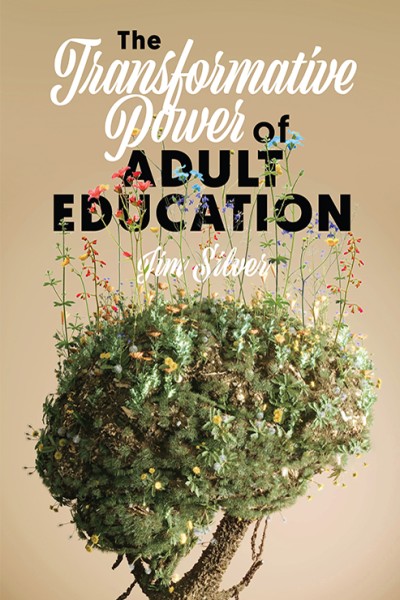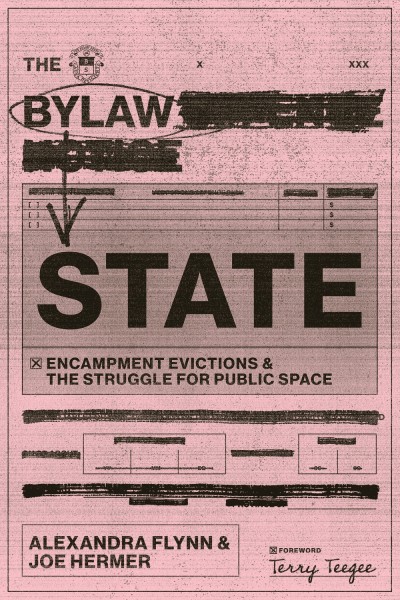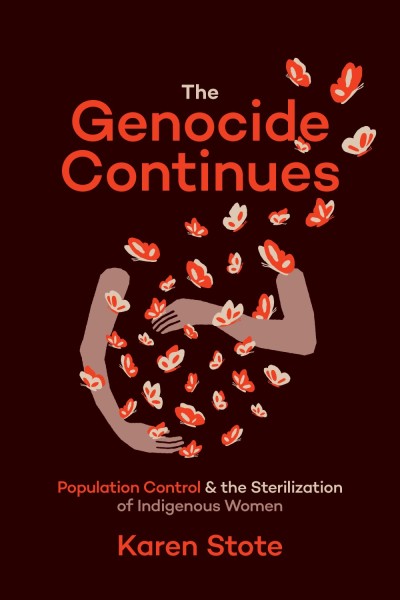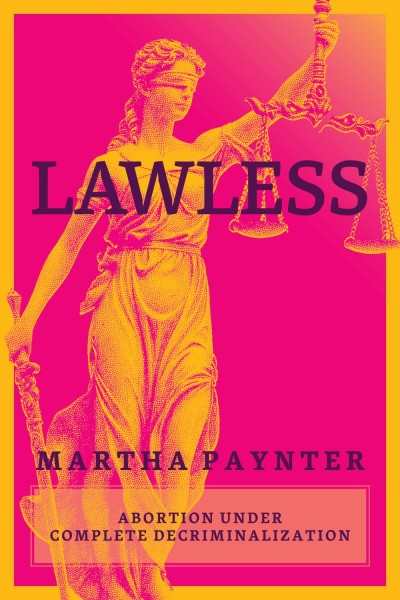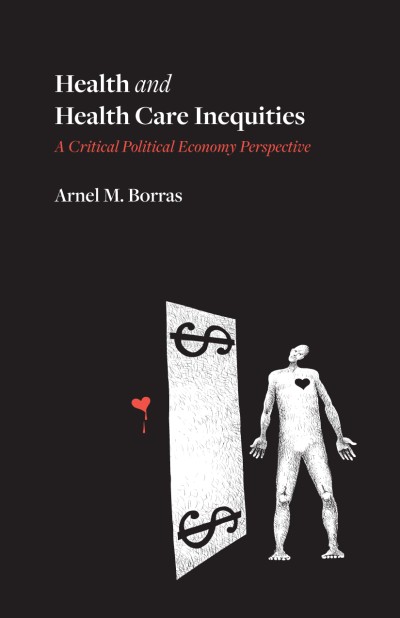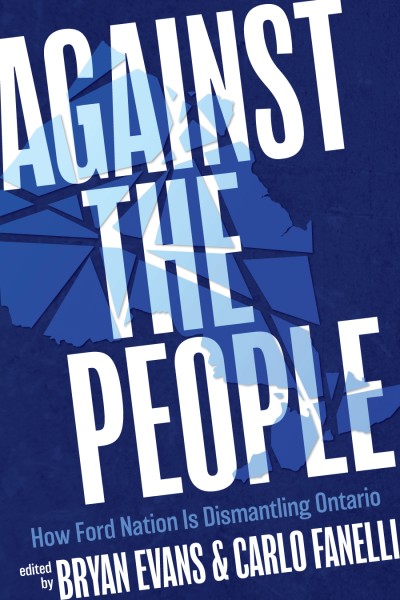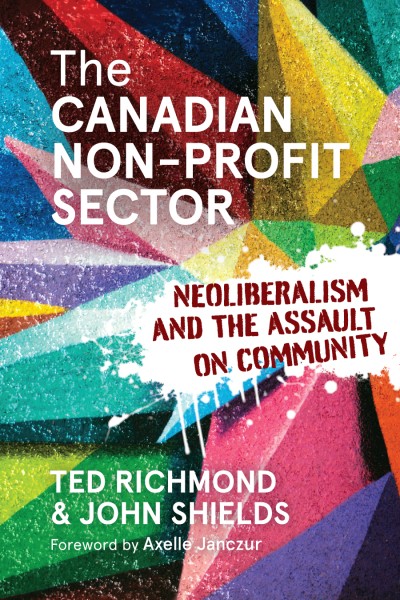
Runaway Wives and Rogue Feminists
The Origins of the Women’s Shelter Movement in Canada
In the supposedly enlightened ’60s and ’70s, violence against women didn’t make the news. It didn’t exist. Yet in 1973 — with no statistics, no money and little public support — five disparate groups of Canadian women quietly opened the country’s first battered women’s shelters. Today, there are well over 600.
About the book
In the supposedly enlightened ’60s and ’70s, violence against women was widespread. It wasn’t talked about, and women had few, if any, options to escape their abusers. Yet in 1973 — with no statistics, no money and little public support — five disparate groups of Canadian women quietly opened Canada’s first battered women’s shelters. Today, there are well over 600.
In Runaway Wives and Rogue Feminists, journalist Margo Goodhand tracks down the “rogue feminists” whose work forged an underground railway for women and children, weaving their stories into an unforgettable — and until now untold — history.
As they lobbied for funding, scrounged for furniture and fended off outraged husbands, these women marked a defining moment in Canadian history, triggering monumental changes in government, schools, courts and law enforcement. But was it enough to stop the cycle of violence? Forty years later, these pioneers describe how and why Canada has lost its ground in the battle for women’s rights.
What people are saying
Michele LandsbergThis is terrific fly-on-the-wall history: personal, immediate, juicy with anecdotes and real voices, telling the lively story of how young feminists defiantly invented women’s shelters in Canada back when violence was totally ignored or denied. And Goodhand brings us right up to date with feminism’s evolution in the confusing time of Trudeau and Trump.
Jackie Foord, CEO, YWCA EdmontonRunaway Wives and Rogue Feminists gives voice to the tenacious and until now, unrecognized women who saved thousands of lives. Goodhand also gives insight and context to Canada’s often uncomfortable relationship with feminism and our attitudes toward violence against women. Runaway Wives and Rogue Feminists is a must read for feminists, academics and anyone interested in women’s contributions to Canadian history.”
Awards
- Winner, Alexander Kennedy Isbister Award for Non-Fiction (2018)
- Winner, Eileen McTavish Sykes Award for Best First Book (2018)
Contents
- Foreword by Lee Lakeman
- Preface
- Nowhere to Go
- 1963: The First Wave and Betty Friedan
- The Whooping Crane and the Royal Commission
- 1970 and a Call to Action
- A Dawning Awareness
- Toronto: The Runaway Wives
- Aldergrove: A Goddess Is Born
- Alberta: A Legacy of Pioneers
- Saskatoon: The “Women Alone”
- Vancouver: A Home Base at Last
- How They Operated
- The Women They Served
- Where Did We Go?
- Where Are We Now?
- Index



